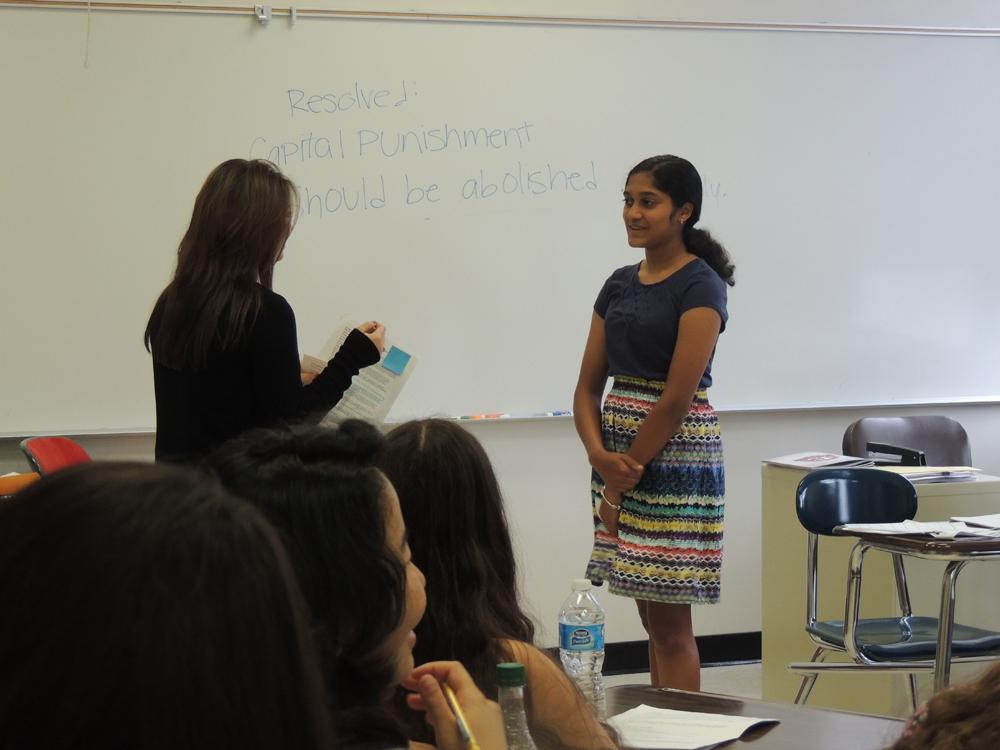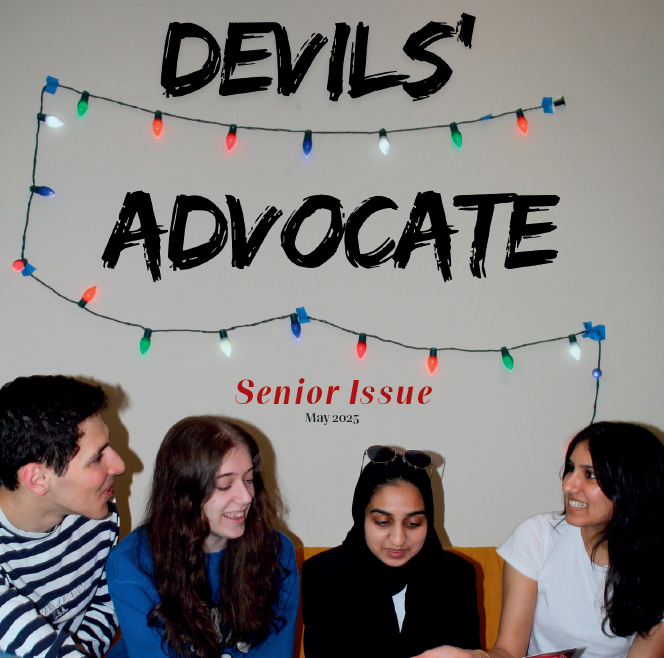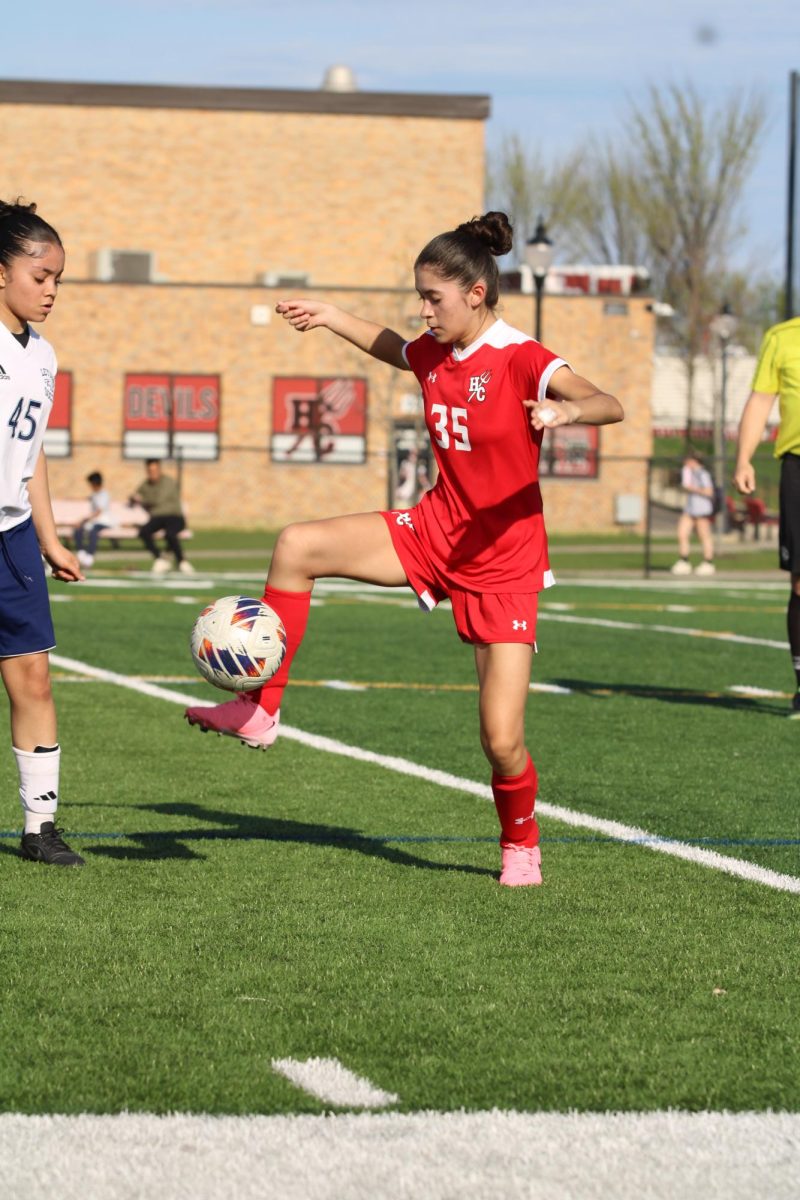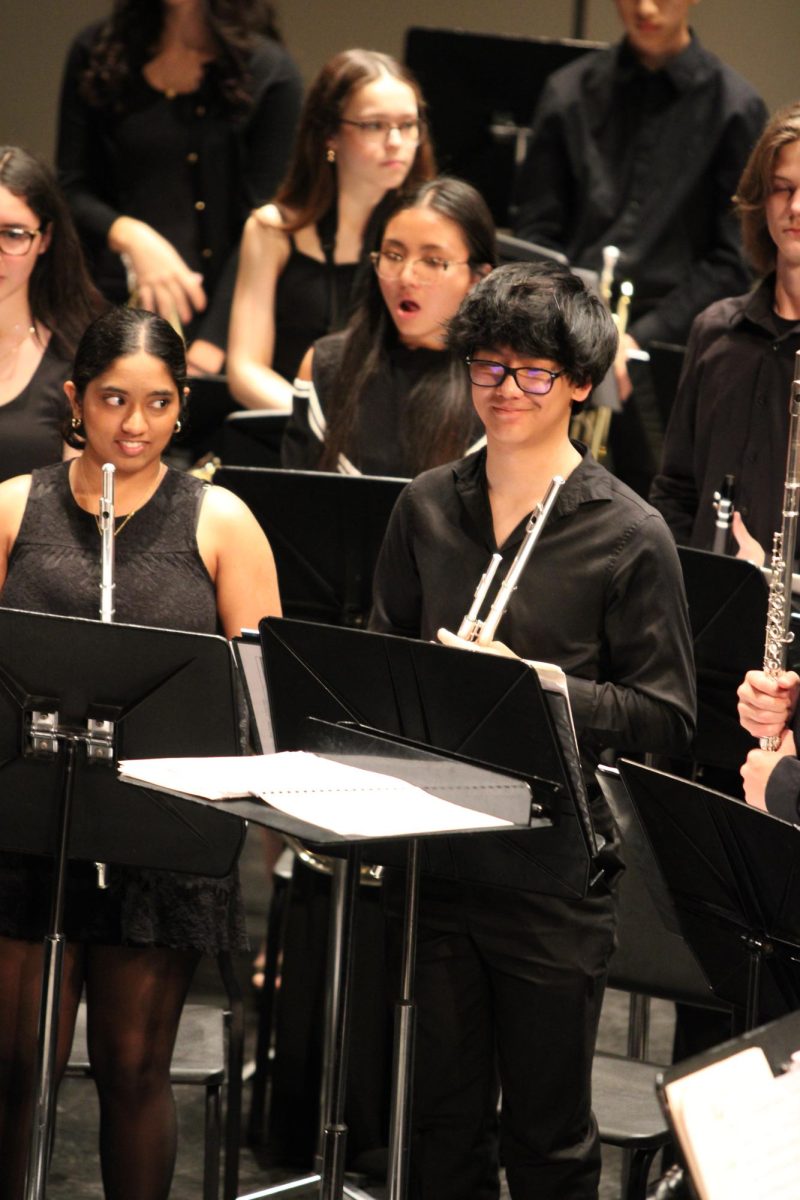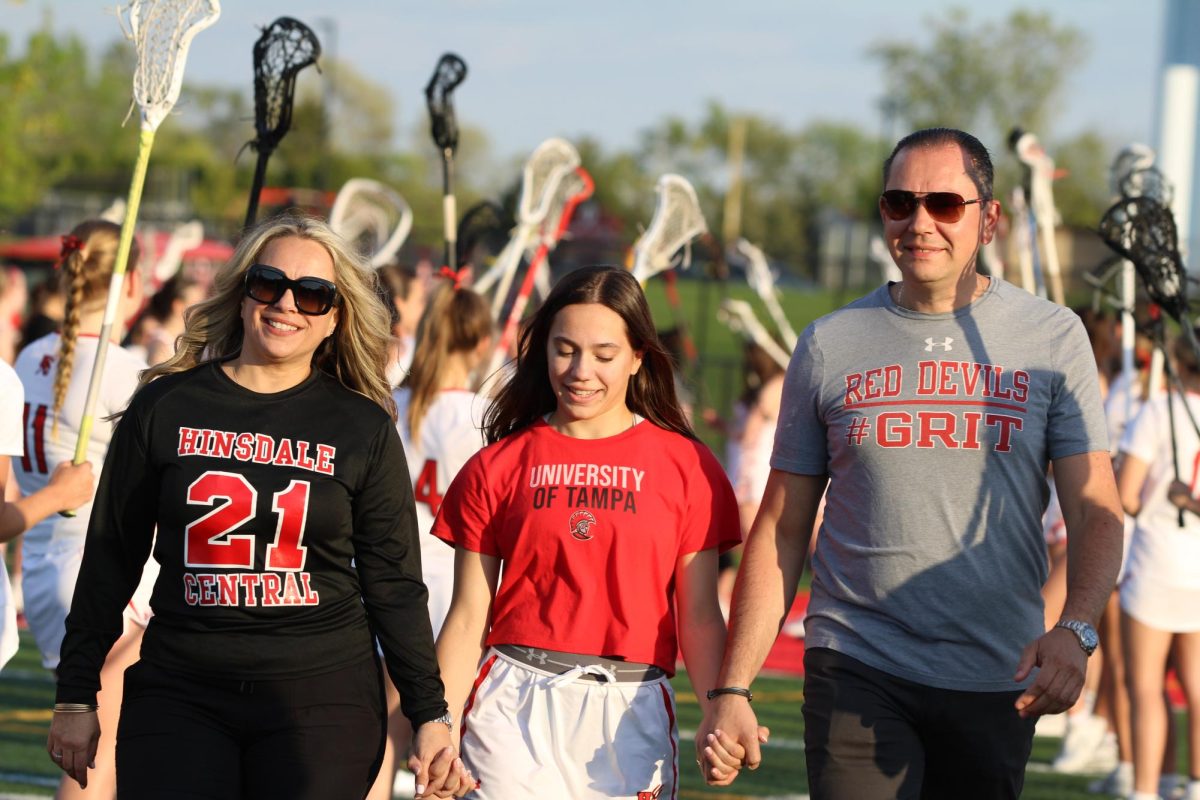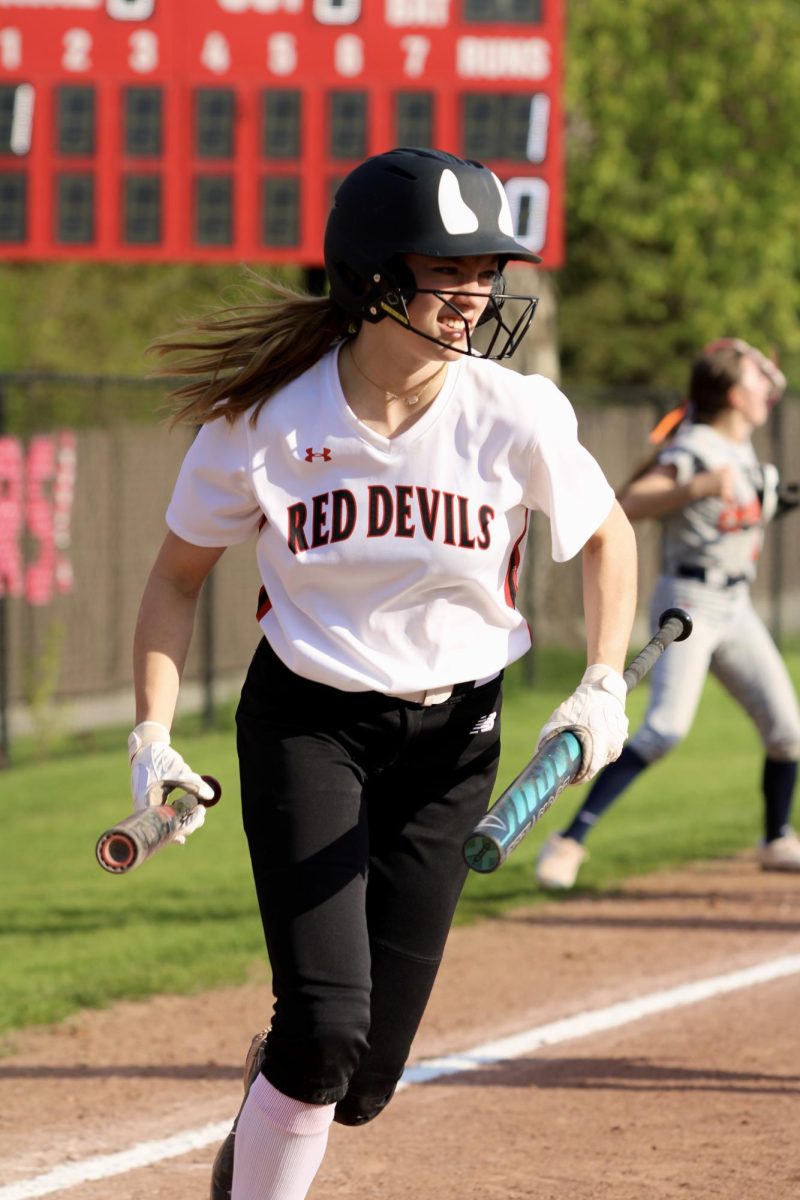After spending over eight hours replacing dominoes, practicing our archery skills, duct taping everything that could possibly be duct taped, and cautiously holding our breaths, my group was finally able to defy the dreaded force of gravity, get everything in just the right place at just the right time, and complete our Rube Goldberg machine for physics class.
Whether it’s the Rube Goldberg for physics honors or some other project for another class, most students at Central have experienced the stress and frustration of large end-of-the year projects.
For example, junior Julian Kanagy is currently working on two physics projects- the aforementioned Rube Goldberg, and a project known at the “dot poster” (where students must create a drawing and color it using only red, blue, and green dots)- in addition to a research and writing project for his English class. “I got a lot of projects, especially physics. I also got some projects in my AP Language and Composition class,” Kanagy said.
Now, I recognize that these types of projects are a natural part of our educational experience, teaching us valuable team building, problem solving, and time management skills. However, I also believe that the all too common practice of teachers assigning these types of projects all at the same time at the end of the year is an unnecessary burden.
Many students feel that a number of these projects don’t actually teach students anything.
“I don’t get anything out of these projects, especially not the dot poster. It would be free points, but these are often graded hard too, so it actually subtracts from my grade. And, of course, I learn next to nothing, since most of the units are over already,” Kanagy said.
In addition, students feel that they don’t always get proper points for the large amount of time spent on these projects.“The physics projects seem interesting, but they’re not worth enough points to justify the time spent on them,” said Priyanka Kadari, sophomore.
Overall, end of the year projects turn into frustrating busywork that does nothing to boost grades or increase learning. And, when students are trying to prepare for finals or enjoy some much-earned relaxation after AP tests, these projects seem unfair.
Nevertheless, not all projects are created equal. Some are able to teach students something useful while also boosting their grade for their work. For example, English 2 Honors students work on a debate project at the end of the year gives students practical experience with the art or argument. “I think the English debates are a lot of work but important, and they actually give you more confidence,” Kadari said.
Teachers, don’t forgo the end of the year projects, rather keep them in perspective. Think about the stress and time commitment outside of class that these projects demand. Most of all, think about the numerous other end of the year assignments students have and the high stress levels students experience while looking forward to summer. And, do you really want to spend your first days of summer grading projects? Let’s face it, everyone (teachers and students alike) are burnt out, so let’s slowly ease the workloads and coast into summer together.



